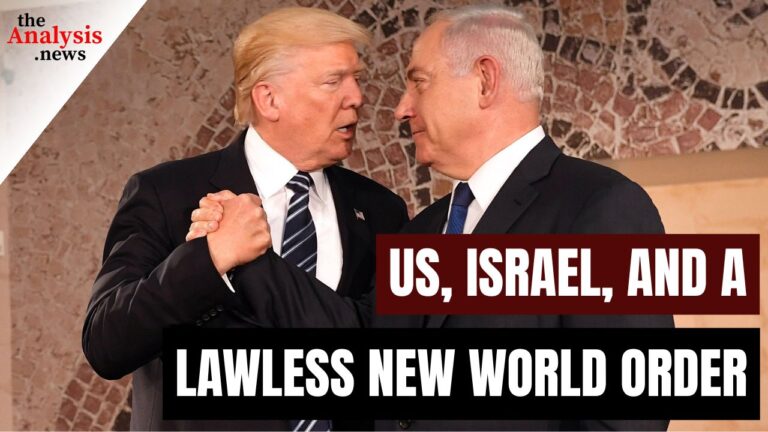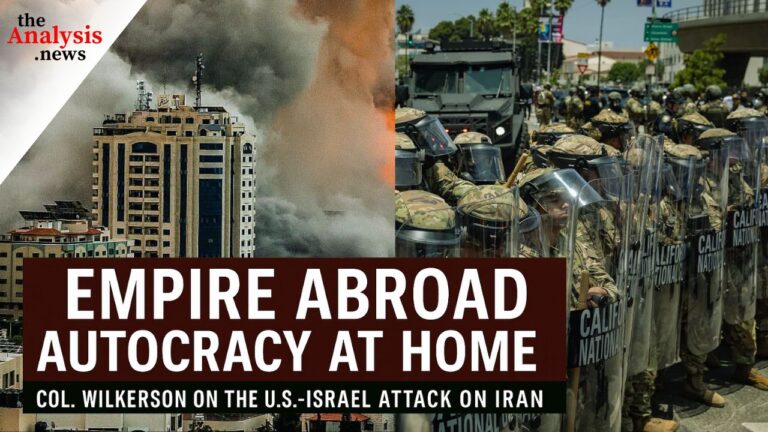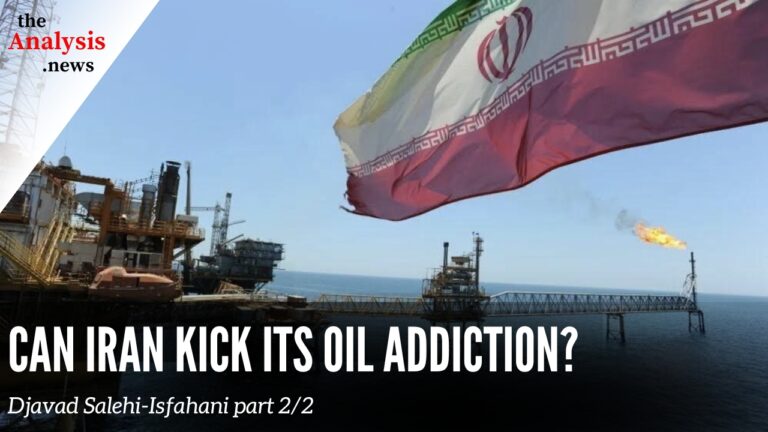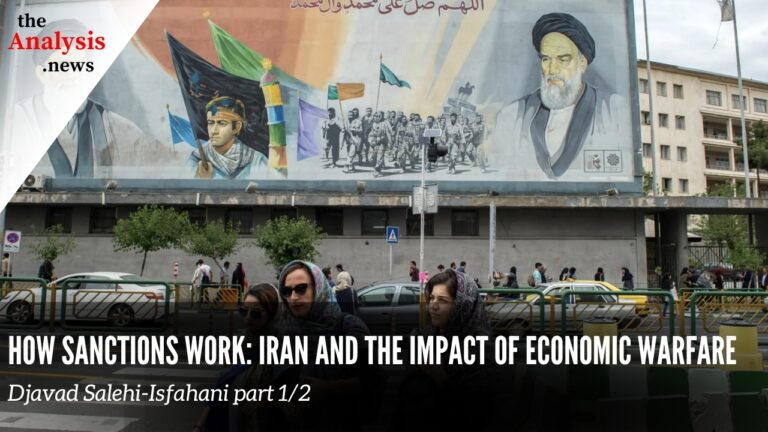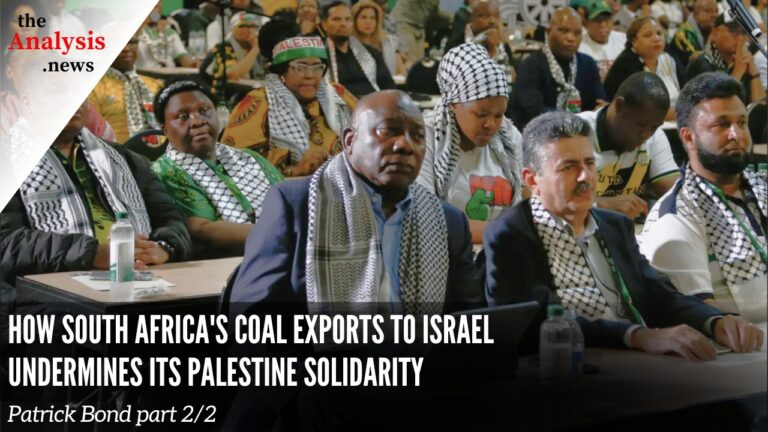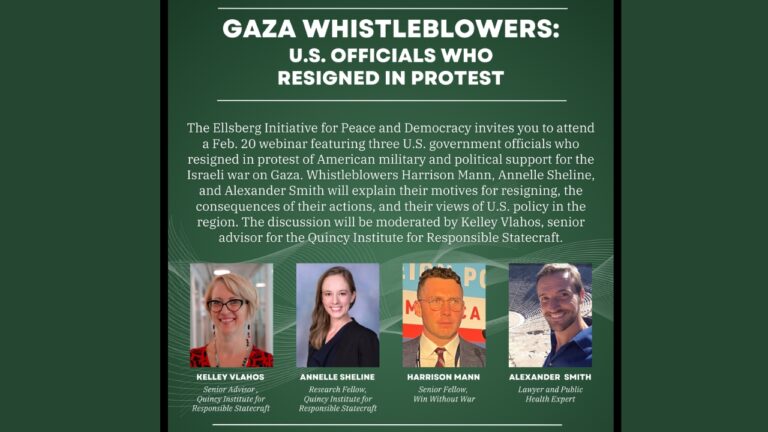U.S., Israel, and a Lawless New World Order – Nader Hashemi
Israel struck Iran — but could this war set off something far more dangerous?
Middle East scholar Nader Hashemi joins Paul Jay to break down what’s really behind the so-called ’12-Day War.’ Far from a clean victory, Hashemi warns the strikes have likely strengthened Iran’s hardliners, accelerated the push toward nuclear weapons, and crushed the country’s democratic opposition. But this may not be a simple case of Western overreach — it may reflect a deep strategic split between the U.S. and Israel.
As Jay argues, Trump may be seeking to normalize relations with Iran, not to promote democracy, but to pry Tehran away from China and regain leverage in the great power rivalry — especially with most of Iran’s oil flowing to Beijing. Israel, on the other hand, appears willing to risk regional chaos to achieve regime change and eliminate its last major regional adversary.
What’s lost in the Western media narrative is the reality that the Iranian people — not the regime — are paying the price. And what’s collapsing before our eyes is not just diplomacy but the very idea of a rules-based international order.
This war may be just beginning — and its consequences could reshape the global balance of power.
